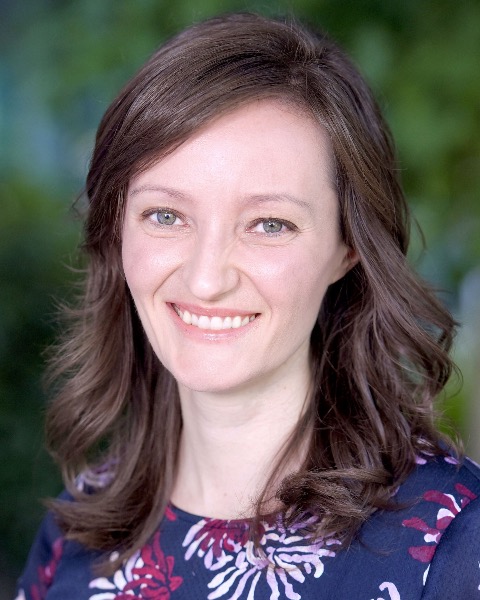Critical Care
Critical Care 4
733 - Spiritual Needs in a Culturally Diverse Pediatric ICU: A Pilot Study of Simulation Scenarios Designed to Engage Patients and Families from Diverse Spiritual Backgrounds
Publication Number: 733.401

Paige E. Stevens, MD
Fellow
Stanford University School of Medicine
Palo Alto, California, United States
Presenting Author(s)
Background:
Addressing the spiritual needs of patients from diverse backgrounds is important when providing culturally sensitive healthcare and is increasingly important in critical care settings.
Objective: We aim to pilot novel simulation scenarios in which clinicians discuss the spiritual needs of critically ill patients/families from diverse spiritual backgrounds and explore changes in clinicians’ attitudes, knowledge, and clinical skills.
Design/Methods: Fourteen clinicians of varying training backgrounds (medical students, pediatric residents, critical care fellows, critical care faculty, and palliative care faculty) participated in 3 different simulated encounters with a Catholic, Jewish, and Muslim parent. Clinicians did not receive training in how to provide spiritual care prior to participation. Clinicians completed pre- and post-surveys asking about their attitudes, knowledge, and clinical skills in providing spiritual care. A Wilcoxon signed rank analysis compared survey responses. Qualitative responses were reviewed and coded using content analysis by 2 research investigators. The investigators plan to use these simulation scenarios in a future study to validate a scoring rubric for clinician performance and as part of a spiritual care curriculum guided by Kolb’s Theory of Experiential Learning.
Results:
Response rate for surveys was 100%. Post simulation, clinicians reported increased importance of team and physician inquiry of spiritual needs (p = 0.0078). Clinicians indicated that they felt more responsible for engaging chaplains in the care their patients/families (p = 0.0078) and reported increased interest in receiving spiritual care training (p = 0.047). There were no changes in knowledge about spiritual care resources or skills associated with taking a spiritual history, referring patients to spiritual care resources, or leading a prayer with a patient/family. When asked about perceived barriers to providing spiritual care, lack of training and time were the most common themes. When asked about what would be useful to learn more about when providing spiritual care, learning a framework for taking a spiritual history, beliefs of various world religions, and hospital spiritual care resources were the most frequent themes.
Conclusion(s):
This pilot study demonstrated feasibility of the simulation scenarios. Clinicians did not report improved skills in providing spiritual care but did demonstrate increased awareness of the importance of this work and interest in learning more about how to provide spiritual care. Qualitative responses will guide development of our future spiritual care curriculum. .png)
